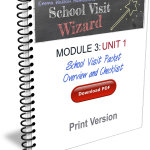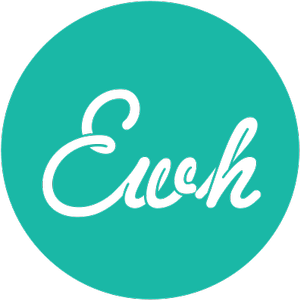
Rx for Gift-Shopping Woes: Books and Journals
 At the risk of belaboring a subject, here is yet another reason why books make the best gifts. A recent article in Ode magazine states that, “science is starting to prove what readers and writers have long known: Words can help us repair and revitalize our bodies as well as our minds.” As a result, bibliotherapy—the act of reading specific texts in response to particular situations or conditions—is becoming an increasingly popular treatment method among psychologists, physicians, librarians and teachers.
At the risk of belaboring a subject, here is yet another reason why books make the best gifts. A recent article in Ode magazine states that, “science is starting to prove what readers and writers have long known: Words can help us repair and revitalize our bodies as well as our minds.” As a result, bibliotherapy—the act of reading specific texts in response to particular situations or conditions—is becoming an increasingly popular treatment method among psychologists, physicians, librarians and teachers.
According to “Reading, Writing and Revelation: How the written word helps refresh body, mind and soul” by Ursula Sautter, reading and writing can alleviate any number of symptoms ranging from physical pain to emotional suffering, including depression, phobias and other anxiety disorders. In one study cited, even “obese adolescent girls who read an age-appropriate novel about a teenager who discovers ‘improved health and self-efficacy’ lost weight more easily than those who didn’t read that novel.”
Among the reasons cited for the power of the written word is the fact that “when we immerse ourselves in a text, the words stimulate the production of mental images… This is in sharp contrast to visual media, in which the imagery is already provided, so requires less creative assembly by the viewer.” Al Gore describes this phenomenon in his wonderful book The Assault on Reason: “The vividness experienced in the reading of words is automatically modulated by the constant activation of the reasoning centers of the brain. . . . By contrast, the visceral vividness portrayed on television has the capacity to trigger instinctual responses similar to those triggered by reality itself—and without being modulated by logic, reason and reflective thought.”
Researchers have even concluded that reading contributes to our “cognitive reserve,” or the brain’s ability to protect itself and adapt to physical damage. What’s more, since bibliotherapy is both effective and relatively inexpensive, some health systems are setting up “reading pharmacies.” In the U.K., for instance, the National Health Service endorses a “books on prescription” program, which allows doctors to prescribe self-help manuals to those seeking medical attention for mood disorders.
As one might suspect, writing is an equally powerful prescription for health. In a sidebar article to the one on reading, entitled “Words That Heal,” David Servan Schreiber describes a clinical study recently published in the Journal of the American Medical Association which showed that writing can have a large impact on physical symptoms. Apparently, “patients who spent just 20 minutes a day for three days in a row writing about their problems felt better, took fewer drugs to relieve their symptoms and saw their doctors less often than those who relied on medication alone.” In addition, recent brain research confirms that deliberately turning stressful images or memories into words can alter the way the experience is actually encoded in the brain.
So stock up on those gift books and journals this holiday season… You’ll be giving a more thoughtful and valuable gift than anyone on your list may realize!
